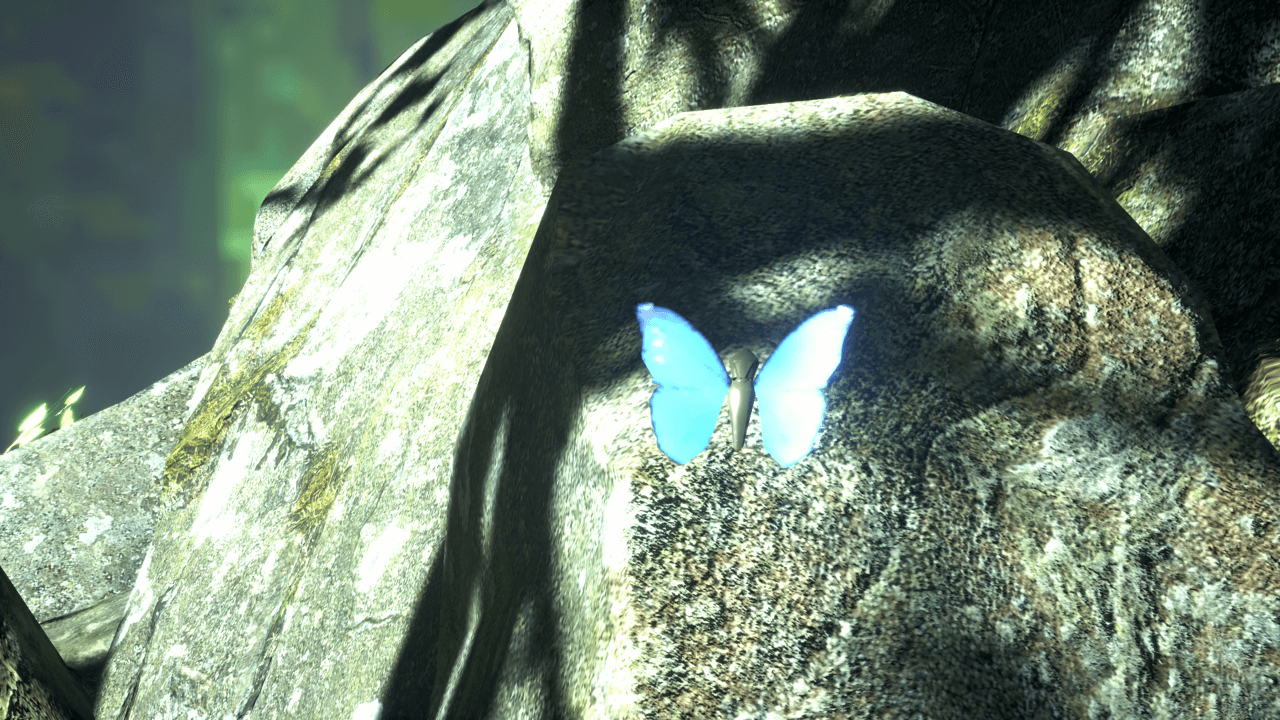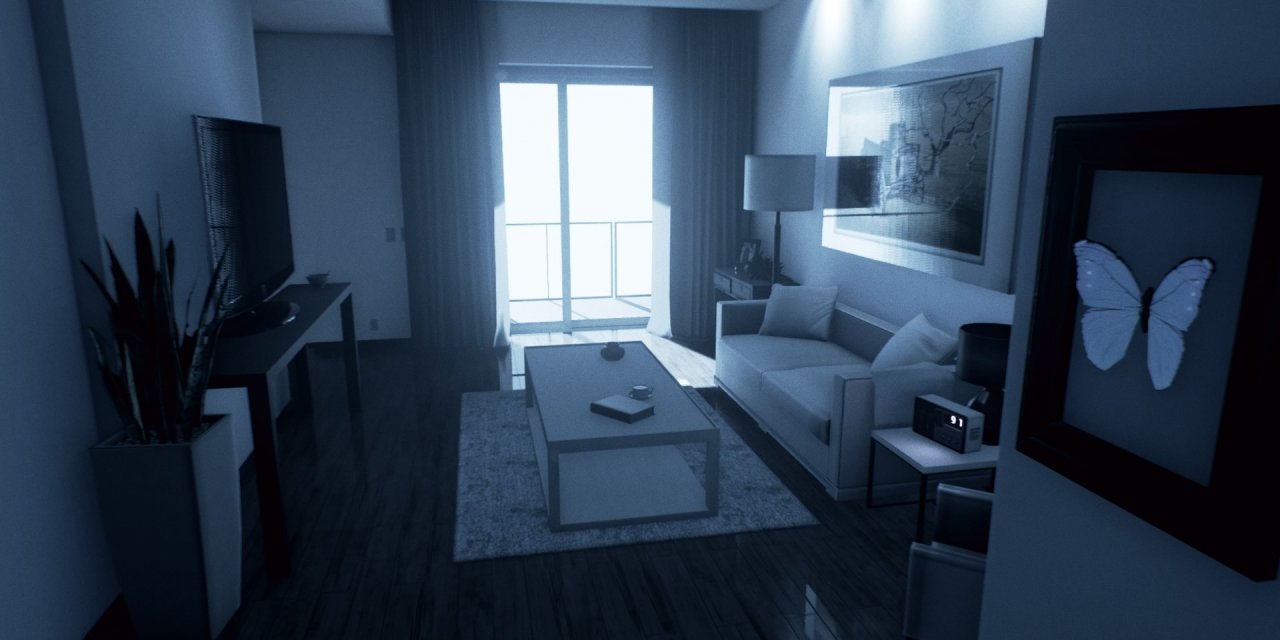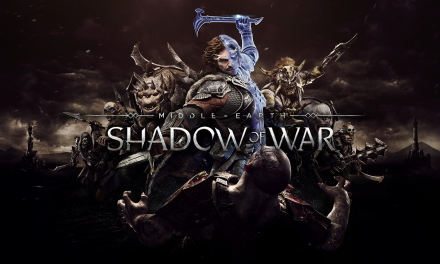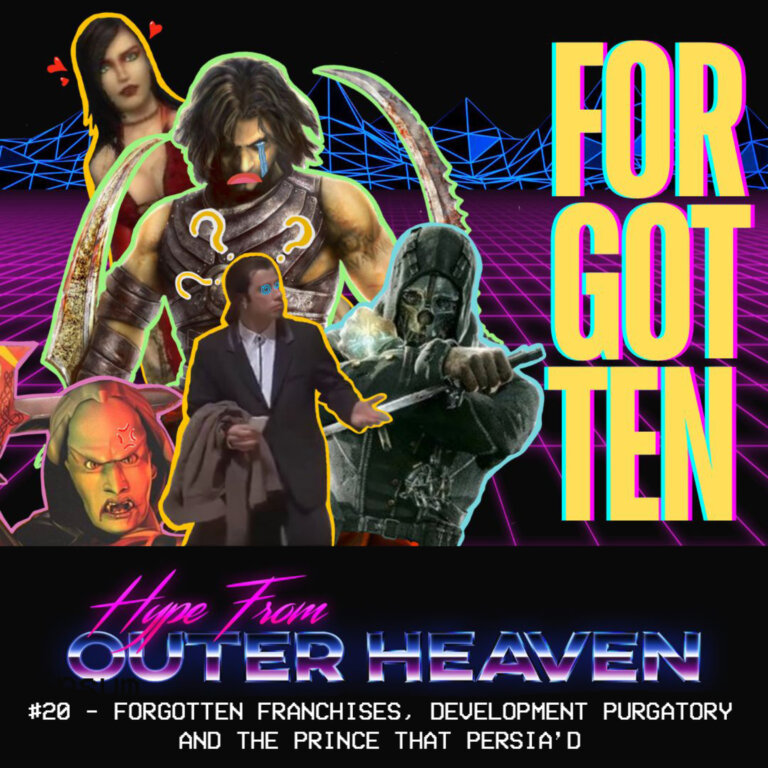Asemblance is a first-person narratively driven puzzle game from Nilo Studios…Or is it?
I wouldn’t really call Asemblance narratively driven, the mind-twisting plot of the game is deeply hidden under layers of nuance that for the most part had me frustrated and wanting to give up, (If you’re looking for a ‘trippy’ narrative i’d recommend Peter Milligan’s Shade The Changing Man from Vertigo Comics.)
I won’t spoil what little of the plot I managed to uncover, and in all honesty, it wouldn’t make much sense unless you’ve actually played the game. The game clocks in at around an hour in length…well, that’s assuming I’ve actually finished it. Like almost everything in the game, the ending is ambiguous, made all the more confusing by the fact that Asemblance has more than one!
The game starts with ‘the player’ in a room suffering a cacophony of alarms and a pleasant sounding voice, tasking you to help with the current emergency. Once the emergency is dealt with you’ll discover that the room you’re currently stood in, is the main hub of the game. Using the machine in front of you you’ll access different memories and load them into a room akin to that of the USS Enterprise’s Holodeck.
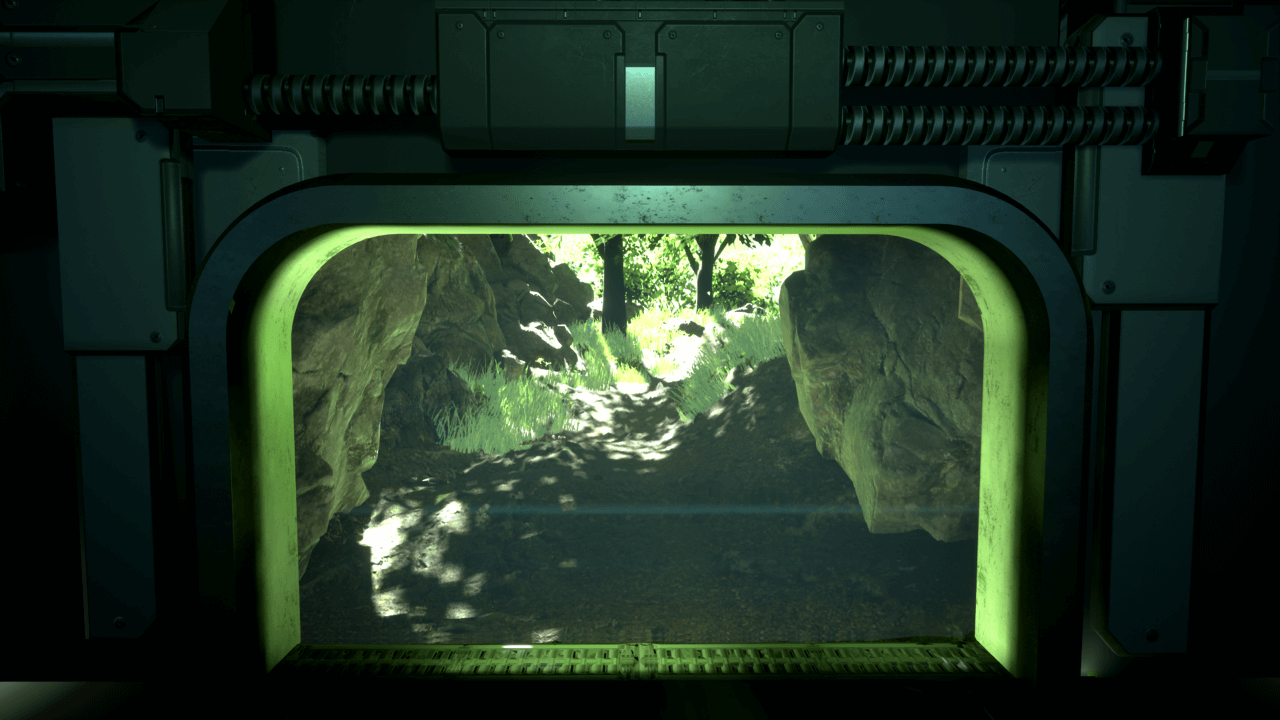
It’s through exploring these memories via the Holodeck that you’ll start to uncover the plot. The reason I initially questioned the ‘narratively driven’ aspect of the game is that the narrative doesn’t really drive anywhere. You’re given so little to go on that I found my frustration leading to any actual concern I had for the game’s characters disappearing entirely.
The gameplay quickly ground to a repetitive series of restarting memories and zooming in and out on anything of remote interest, hoping it would trigger something new and I could progress to the next memory, (there only seem to be 4 in the game) and try the whole process over again. Each time gleaming a little more of the plot that I’d long stopped caring about, which is impressive given how short the game appears to be. Success is as hard to gauge as failure and is only really evident in subtle changes to each memory.
Visually the game isn’t terrible but it’s also far from breathtaking, giving how little happens in terms of gameplay I’d expect something more visually impressive (See my review of ‘The Vanishing of Ethan Carter’). It’s not to say there aren’t enjoyable aspects of the game and a few moments of the ‘meta’ gaming commentary impressed me, nad explain the comparisons the game has drawn to The Stanley Parable, but Asemblance never really gets going.
The core premise of the game is intriguing with themes of philosophy and psychological theory, but they aren’t engaging if you’ve ever studied memory and it’s complete lack of reliability. Asemblance doesn’t offer anything you’d be unfamiliar with if you’ve studied even an A-Level of psychology. If you’re in the mood for a First Person Narrative Experience then I recommend picking up something else, to be honest. Games like Fire Watch are far more engaging and don’t trip over themselves near as much as Asemblance does.
If the plot manages to engage you I could see you having an enjoyable time with Asemblance but for me Asemblance was more Asembland and missed the mark, meaning I’ve got no intention of chasing any more blue butterflies to uncover what I’ve missed.
